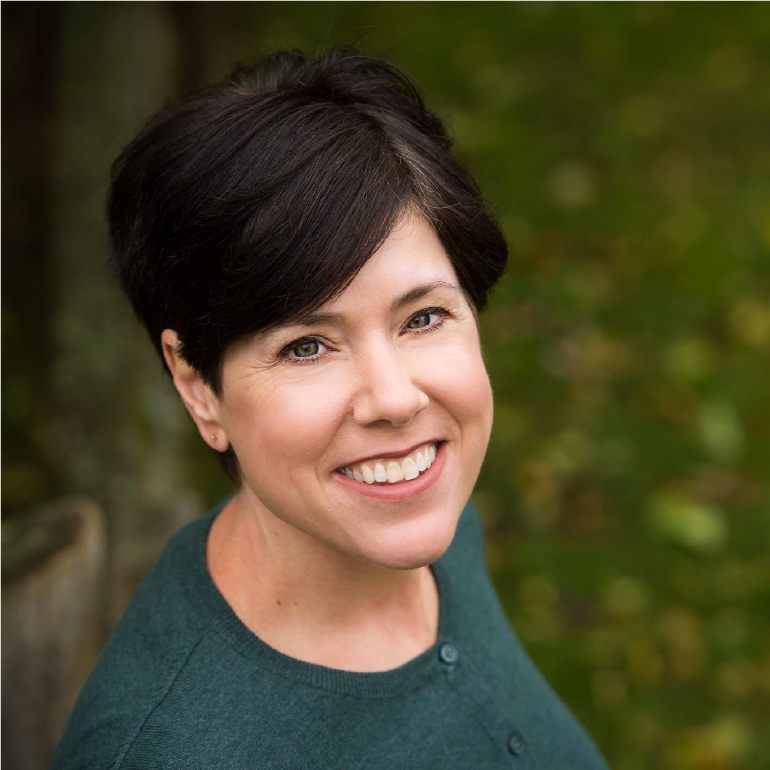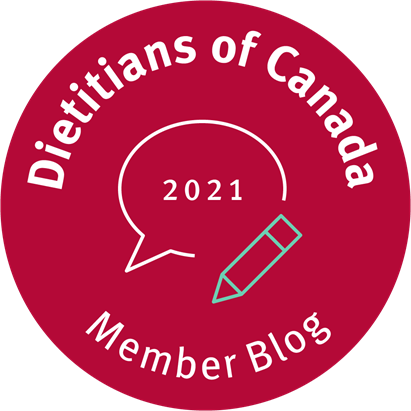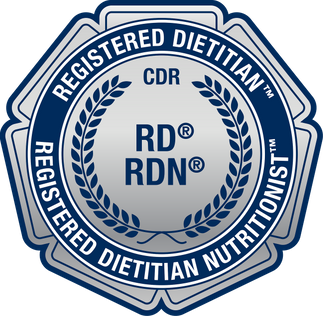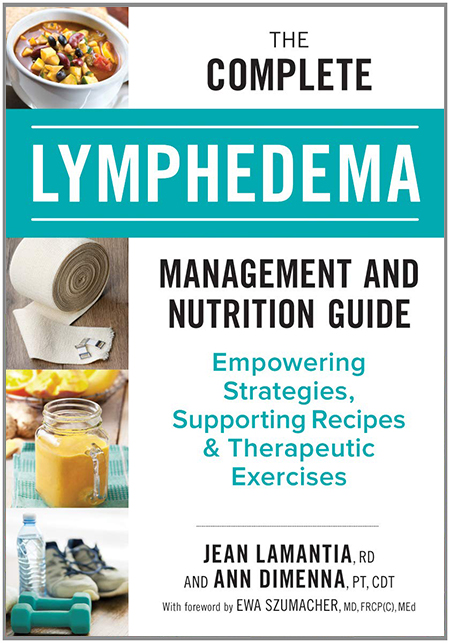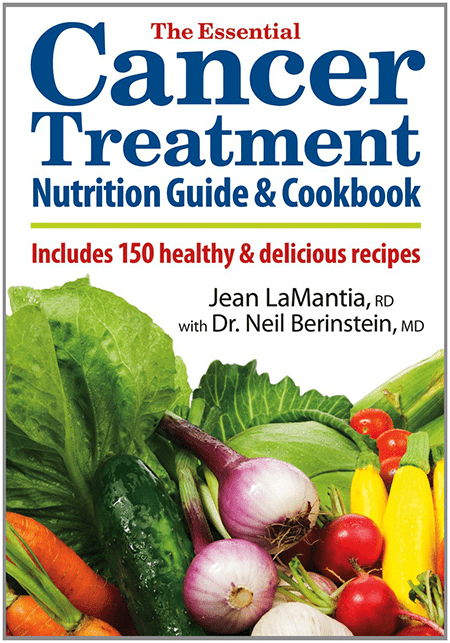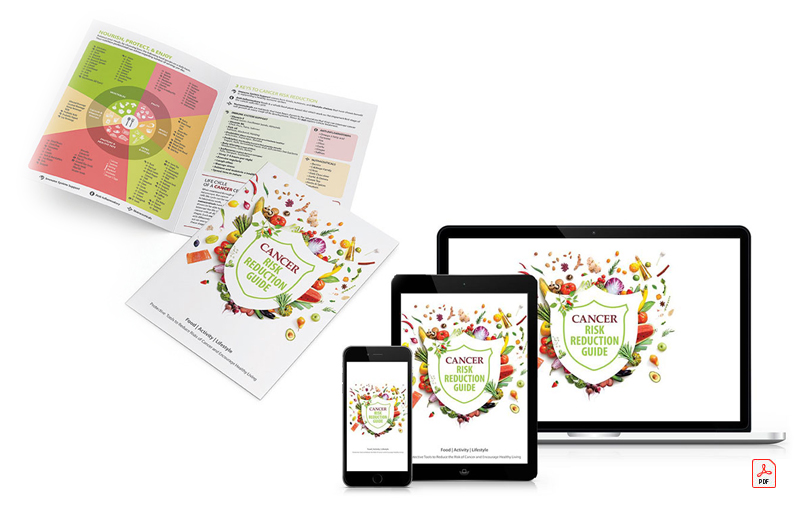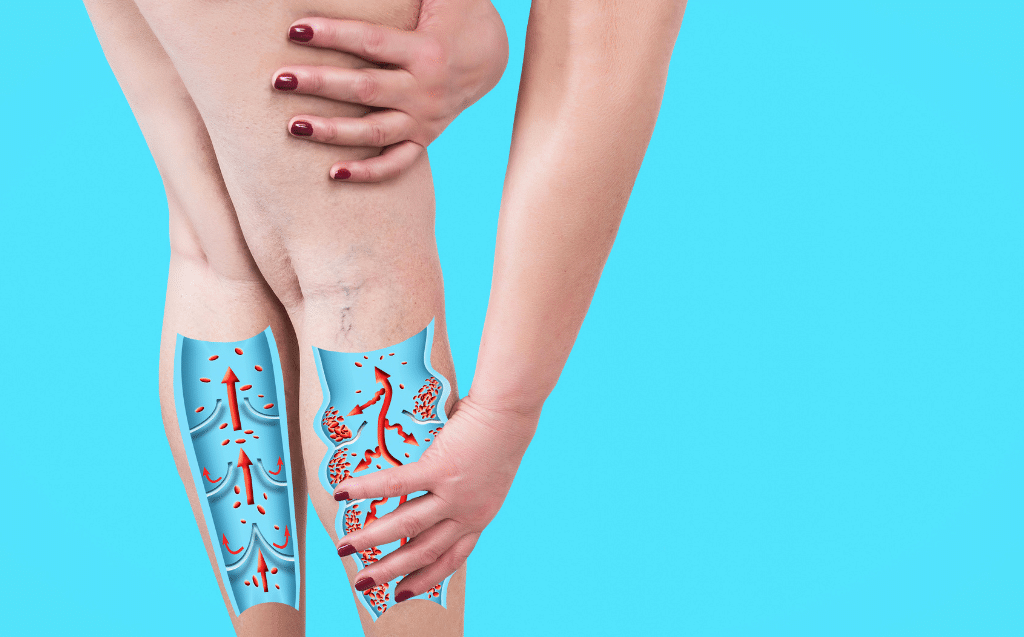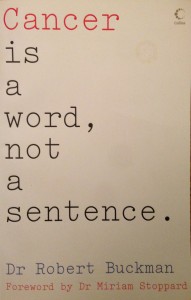
Several years ago, I heard Dr. Robert Buckman speak on the subject of humour in palliative care. The talk was funny, sensitive and compassionate. It made my partner and me both fans of his, as much as a doctor can have a fan group.
When I saw his book Cancer is a word, not a sentence., I was quick to buy it, remembering his talk that I found very uplifting.
Cancer is a word, not a sentence. was easy to read and incredibly informative. The first three chapters reminded me of chapter one of my own book, The Essential Cancer Treatment Nutrition Guide and Cookbook, in that he provides an introduction to all things cancer, giving the newly diagnosed a heads up on common questions and concerns. He does this in much more detail than I have done in my book. For that reason, it’s a great companion for newly diagnosed patients and their families.
Here are some key points in the book I found to be particularly noteworthy:
- Cancer includes 200 different diseases. He suggests we should call them the cancers to emphasize their individual aspects. While they share the fundamental cancer process- uncontrolled cell division, the 200 different types actually have very little in common with each other.
- Think of the word cancer, like you would infection. Infection is not a disease in itself and ranges from the innocuous common cold to life threatening infections like Ebola virus. Cancer too ranges from the basal cell skin cancer to advanced pancreatic cancer. Cancer should be thought of as a process and not a disease in and of itself.
- In addition to being a successful doctor, speaker and author, Dr. Buckman also hosted a TV series called Magic or Medicine? He writes in this book about some of the cases of magical cancer cures that he and his team investigated as part of the TV series. The show essentially de-bunked patients claims of magical cures and he provides his reason on how these cases can be mislabeled including wrong diagnoses and misinterpretation.
- Regarding the use of complementary therapies he states he does “not mind his patients trying any complimentary remedy that they wish, as long as they have realistic expectations of it and will not be crushed and disappointed if it doesn’t do them any physical good”. This is an interesting one to get your head around, as I’m not sure why you would take a complimentary medicine if you didn’t think it would work for you.
- His interpretation of the common term cancer survivor made me reflect on my own use of this label. His belief is that someone who survives a plane crash is a survivor. A cancer diagnoses is not a plane crash; although some cancers carry a high mortality rate, many do not. Therefore to call everyone who has survived any cancer a survivor maintains the ill-informed idea that most people with a cancer diagnosis are expected to die. He thinks living well post cancer is a better term and encompasses more than just being alive but thriving post cancer.
- His opinions and mine though take a divergence when he talks about the power of prayer. In short, he provides research that refutes that prayers said on your behalf have any benefit in your cancer outcome.
- Another area of divergence is that he does not believe in the connections between “attitude” and the development or successful treatment of cancer. He admits that while patients who participate in support groups such as Dr. Bernie Siegels’ E-CaP (see my review of Dr. Siegel’s book Love, Medicine and Miracles here), have some benefit to their quality of life, they do not in fact live any longer or affect their cancer diagnosis than patients who don’t participate in such groups.
When it comes to explaining the cancer process, treatments, tests, getting back on track and helping yourself Dr. Buckman does an excellent job of laying out the facts in a very organized, readable and informative way. I recommend it for that reason.
His opinions will also resonate with you if you are a skeptic. If you see only the physical side of cancer without any emotional connection to your disease or the benefits of prayer. I can say though, in my case, I still appreciated reading his side of these issues even though his opinions are different from mine.
Bottom line:
A recommended read.
Want to Read Cancer is a Word, Not a Sentence?
If you would like to support my blog by purchasing through my amazon associate links, then please choose either of these links amazon.com or amazon.ca. Thank you!
